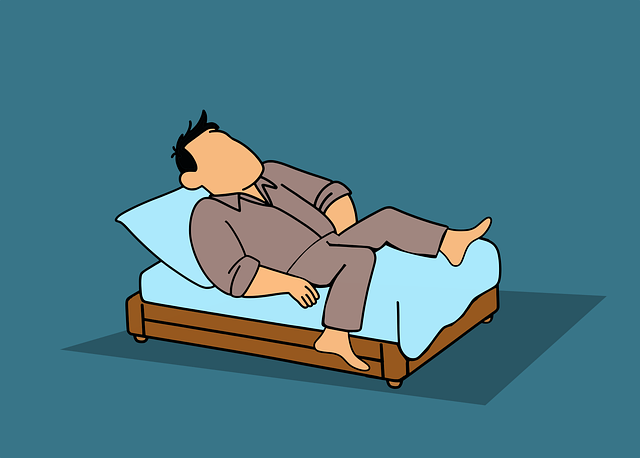High-dose melatonin, popular for sleep issues, poses significant risks including excessive drowsiness, headaches, nausea, and disruption of the body's natural circadian rhythm. It can interact with medications and worsen conditions like seizure disorders. Common side effects may persist or emerge, while more severe symptoms include anxiety, delirium, and irregular heart rhythm. Safe use requires starting with the lowest effective dose, gradual increase under professional supervision, balanced diet, hydration, and maintaining sleep hygiene; immediate medical attention is advised for concerning symptoms.
“Unraveling the complexities of high-dose melatonin therapy is essential for both healthcare providers and individuals considering this treatment. While melatonin is often touted as a natural remedy, its potent effects at higher doses may lead to adverse reactions. This article delves into the potential side effects and risks associated with high-dose melatonin, equipping readers with knowledge to recognize symptoms and implement preventive strategies. From understanding common issues like grogginess and nausea to rare yet serious complications, we explore comprehensive management approaches.”
- High-Dose Melatonin: Potential Side Effects and Risks
- Recognizing Adverse Reactions: Symptoms and Signs
- Managing and Preventing High-Dose Melatonin Side Effects
High-Dose Melatonin: Potential Side Effects and Risks

High-dose melatonin, while often sought after for its potential sleep-regulating properties, is not without risks and side effects. Unlike natural melatonin levels in the body, which are tightly regulated, supplemental high doses can lead to a range of adverse reactions. These may include excessive drowsiness during daytime hours, headaches, nausea, and even gastrointestinal upset. Additionally, high-dose melatonin can interfere with certain medications, exacerbating or altering their effectiveness, so it’s crucial for individuals considering this approach to consult healthcare professionals first.
Longer-term use also presents unique challenges. High doses may disrupt the body’s natural circadian rhythm, potentially leading to chronic fatigue and sleep disturbances. There’s limited research on the long-term effects of high-dose melatonin, raising concerns about its safety for prolonged usage. Moreover, individuals with specific health conditions, such as hormone disorders or seizure disorders, should exercise extreme caution, as melatonin can impact these systems.
Recognizing Adverse Reactions: Symptoms and Signs

Recognizing adverse reactions to high-dose melatonin is crucial for ensuring safe use. Common side effects include sleepiness during daytime, headaches, and gastrointestinal disturbances like nausea or vomiting. These symptoms may persist or develop shortly after starting treatment, especially if the dosage is too high or increased rapidly.
More severe high-dose melatonin side effects can occur, including heightened anxiety, aggression, or even delirium. Changes in heart rhythm and blood pressure have also been reported. It’s important to monitor for these signs, particularly in individuals with pre-existing medical conditions or those taking other medications. If any concerning symptoms arise, seeking immediate medical attention is advised to prevent potential complications.
Managing and Preventing High-Dose Melatonin Side Effects

Managing and preventing high-dose melatonin side effects is crucial for ensuring its safety in therapeutic use. Excessive melatonin can lead to adverse reactions, including grogginess, headaches, and nausea. To mitigate these, it’s important to start with the lowest effective dose and gradually increase as needed, under professional supervision. Monitoring and adjusting the dosage based on individual responses are key.
Additionally, maintaining a balanced diet and adequate hydration can help minimize high-dose melatonin side effects. Avoid concurrent use of other substances known to interact with melatonin, such as certain medications and herbal supplements. Regular physical activity and sufficient sleep hygiene can also contribute to better tolerance and overall well-being during high-dose melatonin therapy.
While high-dose melatonin can offer potential benefits for sleep and health, it’s crucial to be aware of its side effects. By understanding the symptoms and risks outlined in this article, you can make informed decisions regarding its use. Always consult a healthcare professional before starting any new supplement regimen. Through proper management and prevention strategies, you can minimize adverse reactions and harness the benefits of high-dose melatonin safely.

